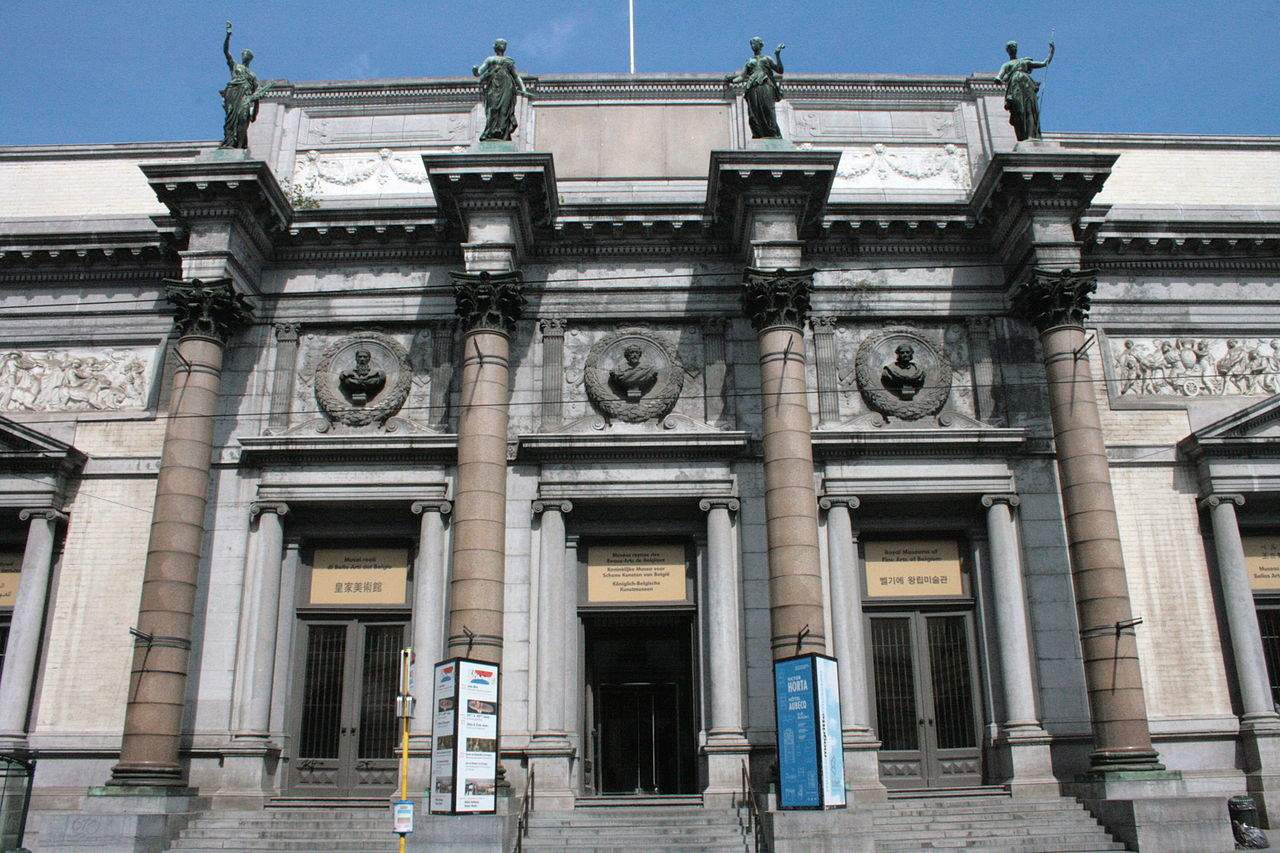Brussels also shuts down museums by surprise. Culture world protests: madness
In Brussels, to counter the second wave of Covid-19, local authorities have taken a very drastic decision: the closure of all cultural venues, from cinemas to theaters, from museums to concert halls. Belgium is one of the hardest hit European countries this fall: in the last week it averaged 620 daily cases per million inhabitants (source, Our World in Data - Oxford University): to give an idea of the proportions, France is at 410, Italy at 281. Only six countries in Europe are worse off than Belgium: Andorra (3,714), Switzerland (2,005), Liechtenstein (1,258), Spain (1,116), San Marino (972) and the Czech Republic (959). To mitigate the spread of the contagion, Belgium last Oct. 19 introduced a curfew from midnight to 5 a.m. and a ban on gatherings above four people, and bars and restaurants were ordered to close.
The measure, which calls for the closure of all cultural venues in the capital, was announced Saturday by the minister-president of the Brussels region, Rudi Vervoort, and went into effect yesterday, Monday, Oct. 26. The new measures also include the extension of the curfew from 10 p.m. to 6 a.m., a mask requirement throughout the territory, the closing of all stores at 8 p.m. (with the exception of take-out catering, which can work until 10 p.m.), and a halt to sports competitions (only training sessions for children under 12 are allowed).
The world of culture, however, does not stand for this. And if the closure of cinemas and theaters was expected, the lockout of museums was perceived as an unexpected shingle in the Belgian capital. “Our sector,” Pieter van der Gheynst, director of Brussels Museums, told local newspaper BX1, “has never been consulted about the possibility of a closure, which we very much regret.” In the pages of one of the country’s leading newspapers, Le Soir, he is echoed by Carine Fol, director of the Centrale for Contemporary Art. “I find it dramatic. I think one must stand in solidarity with all places and unite to react to this decision. I find it outrageous that on public transportation, for example, we all stand on top of each other without any safety measures. In museums and exhibition centers, we have done everything to comply with the rules. We often went even beyond what was asked of us. And all this has been wiped out in one fell swoop. It’s a death blow to a whole sector, to those who work there often on precarious contracts, and of course to the artists. It is insane. And it’s serious, very serious. Plus we can’t predict anything for the future. How long will it last? This decision is dramatic, extreme. The first time we were all in the same boat but now it’s crazy. We cannot let it pass.”
The director of the Musées royaux des Beaux-Arts, Michel Draguet, is also critical: “On the one hand, I run a public institution and therefore I cannot help but show solidarity at such a dramatic time: the specialists very clearly believe that the situation is serious. But on the other hand, I cannot help but wonder if these are really the measures to be taken. To my knowledge, no museum has been identified as a place of contagion.” Draguet then adds, “We did not expect this. We listened to the federal decisions on Friday, and the museums had not been called in. I’ve had discussions with many of the mayors in the region over the past few days, and no one told me about problems in our sector. And then, all of a sudden, the decision is made for a total closure. This decision then comes from a level of power that has no competence in culture.”
Image: the entrance to the Musées royaux des Beaux-Arts. Ph. Credit Michel Wal
 |
| Brussels also shuts down museums by surprise. Culture world protests: madness |
Warning: the translation into English of the original Italian article was created using automatic tools. We undertake to review all articles, but we do not guarantee the total absence of inaccuracies in the translation due to the program. You can find the original by clicking on the ITA button. If you find any mistake,please contact us.




























